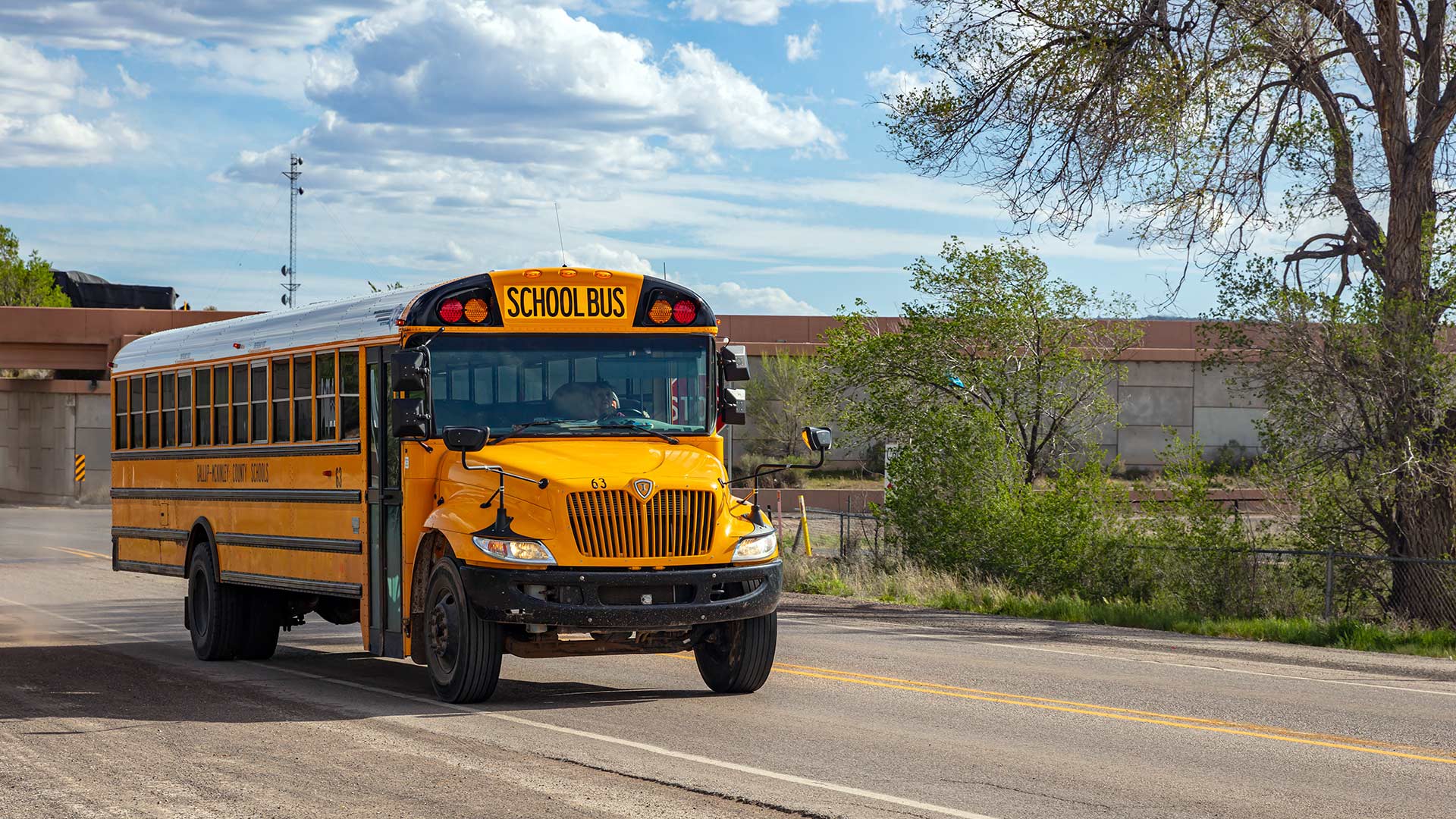
To address a critical shortage of school resource officers (SROs) in Arizona schools, the state’s Department of Education’s School Safety Task has proposed a series of recommendations, including passing legislation that would allow retired officers to fill the positions.
The task force is focused on addressing the scarcity of qualified SROs and mental health professionals in schools, which it says is not due to lack of funding but rather a shortage of qualified personnel.
Officials said that despite the recent distribution of 301 SRO grants to schools by the state’s education department, 138 schools remain without a filled SRO position.
Director of School Safety for the Education Department Michael Kurtenbach says the shortage is exacerbated by the overall strain on active police officers, which has left SRO positions as the last to be filled.
One of the proposals from the task force is to introduce legislative changes that allow retired law enforcement officers to work as SROs.
Kurtenbach pointed out that the existing state law concerning retirement packages for law enforcement officers poses a significant hurdle. Retired officers aiming to work as SROs are currently required to go through a third-party agency instead of their previous department, risking their pensions if they return within six months of retirement.
The task force sees this as an unnecessary barrier and is urging the State Legislature to reconsider these laws.
“If you have a reserve officer who spent 20-plus years as a career officer, has a heart for working in schools and wants to work with kids, wants to work in this multidisciplinary system, this is a pathway to allow that to happen,” Kurtenbach said.
The group’s recommendation also includes changing state law to allow the school safety program to fund part-time school safety officers and school psychologists, broadening the scope beyond its current allocation for juvenile probation officers, counselors, social workers and full-time SROs.
While some critics argue that the presence of SROs contributes to the school-to-prison pipeline and advocate for funding psychologists and mental health resources instead, Superintendent of Public Instruction Tom Horne disagreed.
“I have very little patience for those people because what they’re really saying is people should be able to violate the law without consequence,” Horne said.
Aside from the proposal to involve retired officers, the task force also recommended increased mental health training, a school safety guidance manual and enhanced safety technology.
However, details on the additional funding required for improved technology were not provided during the meeting.
In addition, Horne discussed the issue of retired officers regaining their certification to work as SROs.
“When they (law enforcement) retire, they lose certification and legislation says you need to be certified so we need to change that,” Horne explained. “We need to have some kind of licensing situation where (right now) if people retire, they are no longer certified, but they can get re-certified for the purpose of being a school resource officer. Right now, they can’t do that and that’s irrational. That should be an easy yes from any reasonable legislator, I would think.”
The task force’s recommendations will be further discussed during the upcoming legislative session in January 2024, with Horne’s team actively seeking bill sponsors to bring about the proposed changes.





